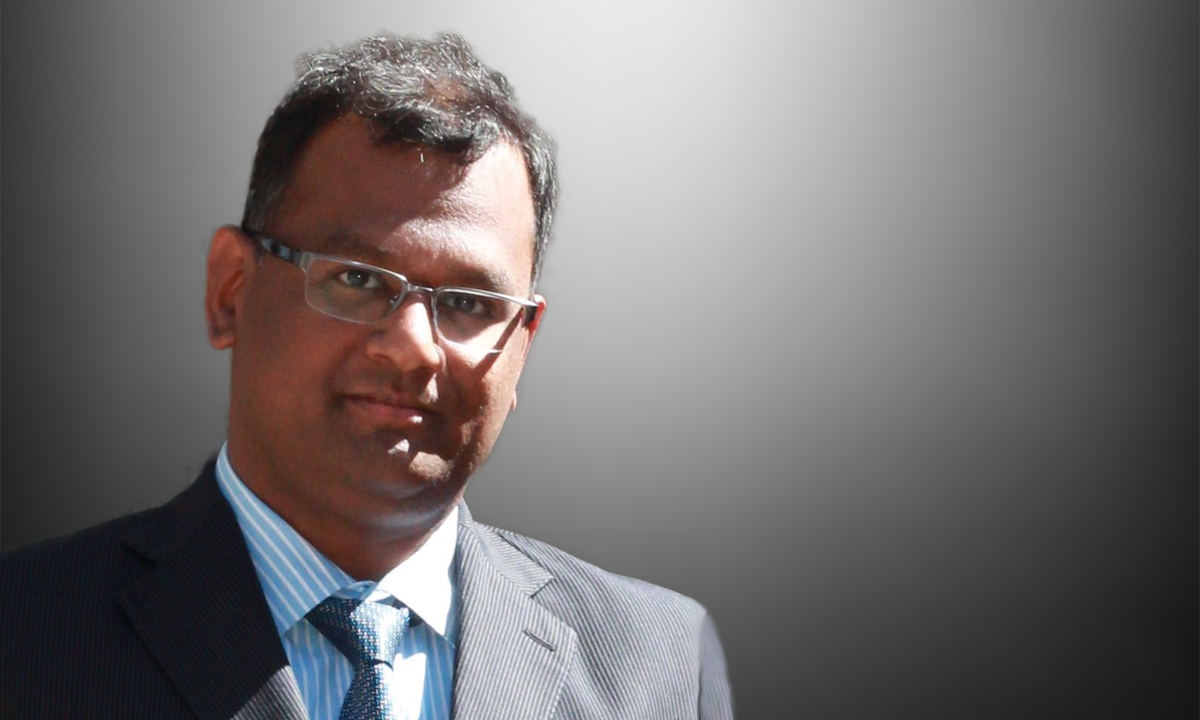“You want to wake up in the morning and think ‘the future is going to be great’. And that’s what being a space-faring civilization is all about. It’s about believing in the future and thinking that the future will be better than the past. And I can’t think of anything more exciting than going out there and being among the stars.”
AUSTRALIA is one of the countries at the forefront of modern-day space exploration. Launching rockets and satellites was once a matter of national pride for many nations. However, space is no longer the next frontier – it is an already a crowded one. Space experiments are even being introduced as high school projects in Australia.
With advances in technology, today’s satellites have become smaller and smaller and some now fit within the palm of your hand, such as this super ambitious project of CSIRO. Nano-satellites, some of them made in garages, are put in orbits at an alarming rate with next to no global governance – a cause for concern.
This mad space rush has created an economy projected to have a market worth of a staggering US$325 billion. Entrepreneurs such as Jeff Bezos (Amazon) are reportedly sending thousands of satellites, with a view of transforming current technology to aid artificially intelligent systems. This could be used in the development of autonomous cars as well as other disruptive innovations, some of which could have a positive impact on health care.
But a more important endeavour is happening beyond the satellite-crowded near-earth orbits; that is, human colonisation beyond Earth and space tourism. Ambitious projects are underway to put humans on celestial bodies beyond the moon, on asteroids and even on the planet Mars. The scale and determination of such projects means they are no science fiction novelties but are real prospects.
A manned flight to Mars is planned by SpaceX by 2024 and by the National Aeronautics and Space Administration (NASA) by the 2030s. This is not just about colonisation – there could be a wealth of resources on other celestial bodies that would benefit us – celestial body mining is an emerging concept.
But have we thought of “health care in space” as an agenda item anywhere? Not significantly at all. Putting a few humans on the Moon might have required an astonishing degree of human physiological support and medical input. But now we are facing the prospect of a larger number of humans trying to go farther and farther, undertaking activities of real economic value (and health concern to workers).
Interplanetary medicine will become a necessity for these missions to succeed and become safe and sustainable. Imagine if we managed to achieve long distance space flights – people could get sick, babies could be born en route, and there may be “space sickness” to warrant the call “is there a doctor on-board”.
This all may sound fanciful, but the effects of prolonged microgravity and radiation on humans and a whole repertoire of other health challenges and their possibilities are real. Sadly, they are not yet studied to a level where we could bring the “multiplanetary life” idea to fruition in a safe manner. This, I think, is a major oversight that should be rectified at rocket speed.
This issue demands the attention of medical doctors, specifically specialists such as intensive care physicians, who deal with complex organ supportive therapies, to be able to understand the needs for health care in interplanetary missions and to start innovating solutions. The rapid development of health care artificial intelligence and robotics will be a real plus on such missions.
You might ask, as long as there are unexplored frontiers on Earth and a huge disparity in access to quality health care between earthlings, is interplanetary medicine a necessary specialty? Human inventions and endeavours cannot always be expected to be logical solutions borne out of necessity. And perhaps the solutions to earthly problems actually lie beyond the “third rock from the sun”, in space and beyond.
A better question to ask may be, being a country at the forefront of medicine and with strong capability in space technology, boasting a new Australian Space Agency, will the first “mediconaut” on Mars be an Australian?
Food for thought.
Adjunct Associate Professor Balaji Bikshandi is the clinical lead of ICU at North West Regional Hospital, Burnie, Tasmania; Adjunct Associate Professor at the University of Canberra; and Senior Clinical Lecturer at the University of Tasmania.
The statements or opinions expressed in this article reflect the views of the authors and do not represent the official policy of the AMA, the MJA or InSight+ unless so stated.

 more_vert
more_vert
I can’t see Medicare giving you an item number.